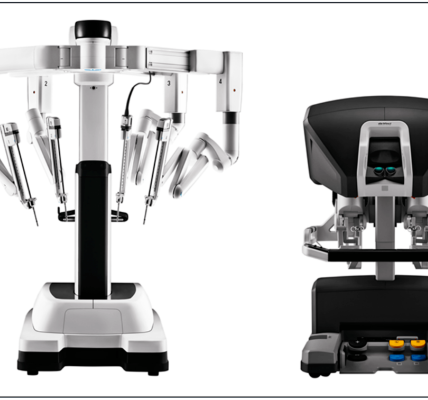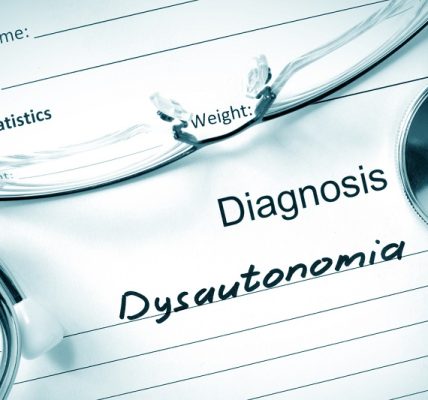Endometriosis is a chronic and painful condition characterized by the growth of endometrial tissue outside of the uterus. This condition can cause severe pain and discomfort during menstruation, sexual intercourse, and bowel movements, among other symptoms. However, the most significant impact of endometriosis is its association with infertility. Studies have shown that women with Hoboken endometriosis are more likely to experience difficulties getting pregnant than those without the condition.
There are several causes of endometriosis, including:
- Retrograde menstruation: One of the most widely accepted theories is that endometriosis occurs when menstrual blood containing endometrial cells flows back through the fallopian tubes and into the pelvic cavity, where it can implant and grow.
- Genetics: Endometriosis tends to run in families, suggesting that there may be a genetic component to the condition.
- Immune system dysfunction: A malfunctioning immune system may allow endometrial tissue to implant and grow outside of the uterus.
- Environmental factors: Exposure to toxins or chemicals, such as dioxins, has been linked to an increased risk of endometriosis.
Ways Endometriosis cause infertility
Here are some of the ways you should know:
- The growth of endometrial tissue outside of the uterus can lead to adhesions or scar tissue formation. Adhesions can cause the fallopian tubes to become blocked or distorted, making it difficult or impossible for the egg to travel from the ovary to the uterus. In some cases, adhesions can also cause the ovaries to become stuck to other organs, preventing the release of the egg altogether.
- Endometriosis can affect the quality of the eggs produced by the ovaries. Endometrial tissue outside of the uterus can lead to inflammation and oxidative stress, damaging the eggs and reducing their ability to fertilize properly.
- Endometriosis can affect the ability of the uterus to support a pregnancy. Endometrial tissue that grows outside of the uterus can cause inflammation and scarring in the uterus, which can affect the implantation of the fertilized egg. Endometrial tissue can also cause hormonal imbalances that affect the thickening of the uterine lining, making it less receptive to implantation.
Before you are diagnosed with endometriosis, your doctor will typically begin by conducting a medical history and physical examination. During the physical examination, your doctor may check for any abnormalities, such as tender nodules or masses in the pelvic region. Your doctor may also recommend imaging tests, such as an ultrasound or MRI, to check for any signs of endometriosis.
Once you are diagnosed with endometriosis, your doctor may recommend one or more of the following treatment options, depending on the severity of your symptoms and the extent of your endometriosis:
- Pain medication: Your doctor may recommend over-the-counter pain medication such as ibuprofen or acetaminophen to help manage your pain.
- Hormonal therapy: Hormonal therapy, such as birth control pills, can help reduce the severity of endometriosis symptoms by regulating hormone levels and reducing the growth of endometrial tissue.
- Surgery: In more severe cases, surgery may be needed to remove endometrial tissue growths, cysts, or scar tissue. This procedure is called laparoscopic surgery.
- Pain management techniques: Your doctor may recommend alternative pain management techniques, such as acupuncture, massage therapy, or yoga, to help manage your symptoms.
Visit University Reproductive Associates and speak to your infertility expert if you have endometriosis.









